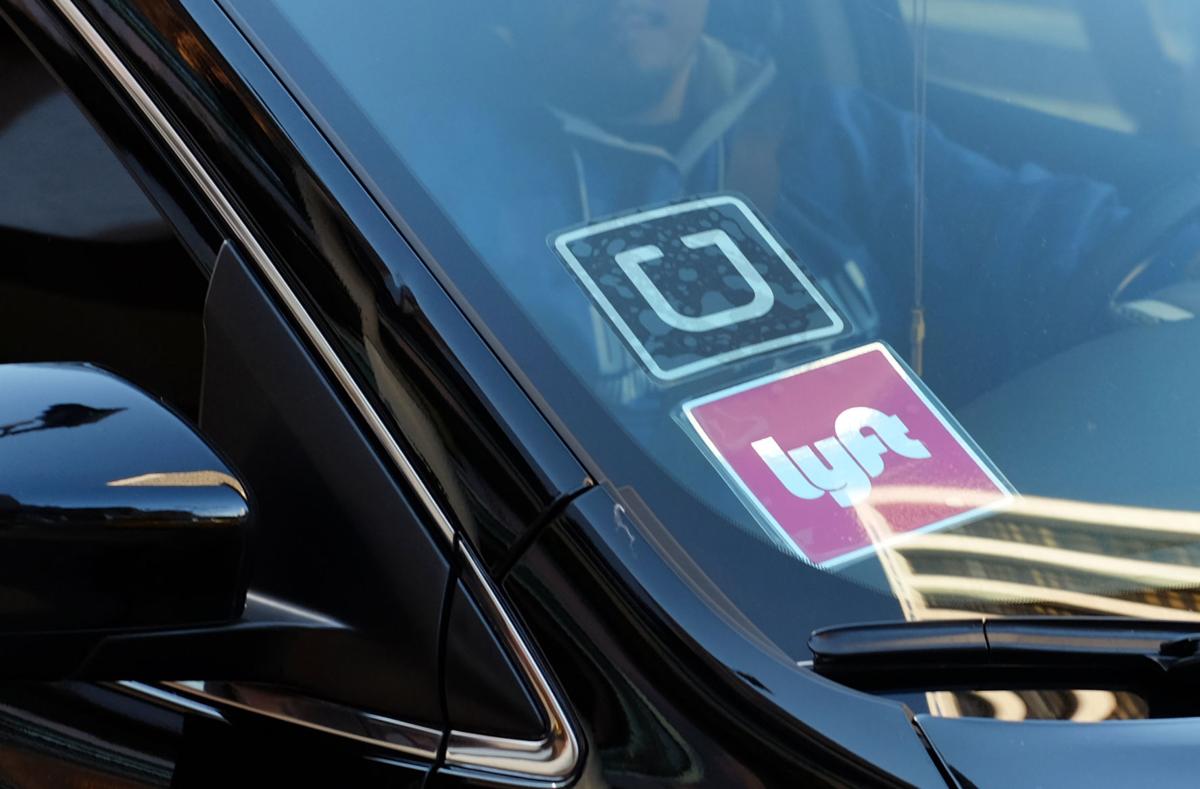
As early as March, Juneau County residents could be able to request a ride through two major rideshare apps with the help of federal dollars.
Uber and Lyft services will be government subsidized temporarily within the county; approximately $300,000 of American Rescue Plan Act (ARPA) funds will be expended over the course of two years to bring drivers, and passengers, together.
“A lot of us have apps on our phone that we use in other communities and they’re ready to go. You request a ride and then a driver comes,” said Health Officer Amanda Dederich. “Now whenever I pull my app up, there’s not a driver available in our area because they think the demand isn’t there.”
For every ride begun or completed in Juneau through the Uber or Lyft apps, drivers will receive an extra $5. Residents and visitors could request rides 24/7. A fare will still be paid by the rider to the driver, with the additional compensation made between the county and the driver on top of that cost.
The Juneau County Health Department believe that the extra cash will attract more drivers to the area and create new opportunities for residents.
“We’re hoping that by the time this pilot project is over, it’ll be a sustainable model,” Dederich added.
The program was proposed by the Transportation Community Action Team, which was formed by the health department in response to a county-wide resident survey. When asked what determines community health, over 12,000 residents identified a strong economy and accessible transportation as top priorities.
The health department estimates that up to 30,000 residents could make use of the service per year if enough drivers were attracted by the offer. The county board was presented with research done by the city of Mauston in December that showed 40% of its residents “would definitely or probably use” Uber or Lyft if it was available. Another 40% would consider using ride-share if they had more information.
Mauston discussed creating its own rideshare subsidy, but the city ultimately couldn’t afford it with last year’s budget.
Juneau County’s new program isn’t unique by any means. Public transportation agencies from New Jersey to Florida have turned to subsidizing Uber rides where bus routes are too costly or difficult to maintain.
Rural communities have gotten in on the action, too. In Innisfil, Ontario, a program to subsidize Uber rides was launched in 2017. The cost began as a flat rate between $4 to $6 for passengers in an area serving 36,000. By 2020, the price tag for subsidizing Uber overtook what it would have cost for the municipality to buy and operate its own public buses.
Tara Ennis, a supervisor with the health department, stated that while $300,000 might sound like enough money to buy the county a bus or a fleet of taxis, the pay for a driver would only be going toward a handful of individuals.
Instead, the pilot project could create a gig employment opportunity for dozens of county residents.
“We’re not just putting money into a private company; we’re putting the money into our residents as employment opportunities,” she said. “If we can invest this, and have multiple vehicles available at peak times, we’re serving more people in the long run.”
Ennis added that the county is already aware of residents who work for Lyft and Uber but commute to the Wisconsin Dells and other neighboring cities where demand for rideshare is higher. The subsidy program, and assistance from the county to raise awareness for it, could help bring those drivers home.
Juneau County Finance Director Lori Chipman noted at the county board’s last meeting that the subsidy program will likely dissolve in late 2024 as ARPA funds must be fully obligated in the next two years and spent by 2026. If the program is unsuccessful, the county will find another use for the remaining funds.
“Best case scenario, the money is eaten up in the first year. That means there’s a market for it and it’s sustainable,” stated Dederich, who has since left the health department.
The county board has already voted to support the program, but there are still kinks to work out. Initially, only residents with smartphones will be able to access the app to request Uber or Lyft services. Ennis believes that community outreach and education efforts, such as events held at local libraries, could breach the divide.
“We know that it won’t be the program that fixes everything for everyone,” Ennis said. “But we know that if you aren’t over 60, have a documented disability or live outside of Mauston, you literally have no access to transport right now.”
“We’re hoping this will fill that major gap.”
https://www.wiscnews.com/community/are-rideshares-the-future-of-juneau-countys-public-transit/article_e1d323e2-10b9-5a02-8de9-e3d67961082f.html

